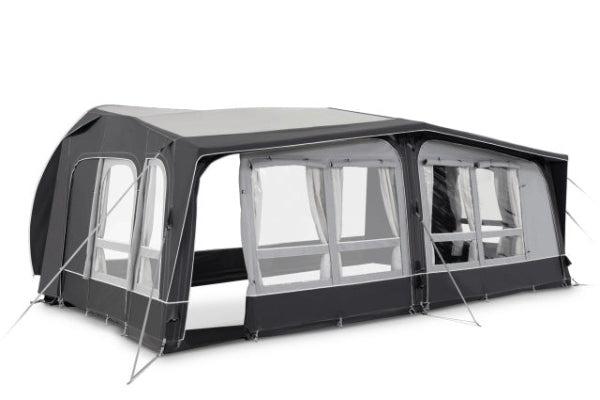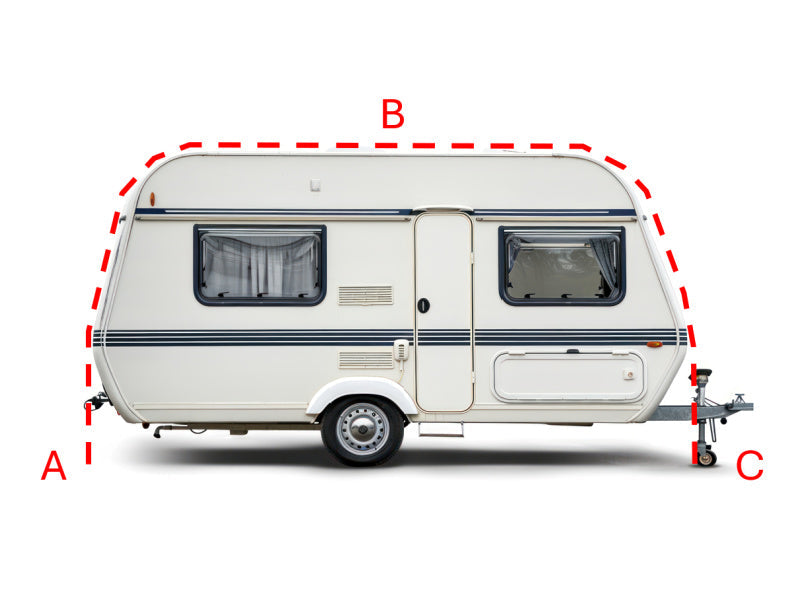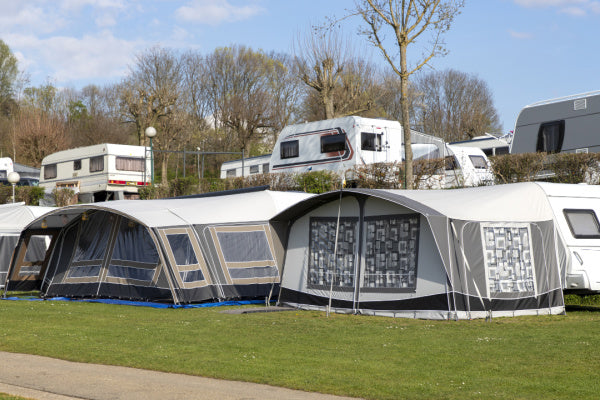What Size Solar Panel Do I Need for a Camping Fridge?
Ever had warm milk halfway through your camping trip? Not fun. To keep your camping refrigerator cool, you’ll need a 100–300W solar panel, depending on fridge size and trip length. But wait—sunlight, fridge type, and battery storage all matter. Stick around so your cheese doesn’t sweat before you do.
The Calculation: Finding Your Perfect Solar Panel Size
Step 1: Calculate Your Fridge's Daily Power Consumption
Find Your Fridge’s Wattage (W) and Amp Draw (A)
Start by checking your fridge’s label or the manufacturer’s specifications. You’re looking for either the wattage (W) or the current draw (A), and the voltage (V). This gives a clear idea of how much power it uses.
Estimate the "Duty Cycle" (How Often the Compressor Runs)
Most camping fridges don't run continuously. Compressor models typically run 30–50% of the time, depending on factors like outdoor temperature and how often you open the lid.
Calculate Your Total Daily Use in Watt-hours (Wh) or Amp-hours (Ah)
To estimate your daily power use, multiply the fridge's wattage by its runtime. For example, a 50W fridge running for 12 hours per day uses 600Wh. This figure helps guide your solar panel sizing.

Step 2: Determine Your Available "Peak Sun Hours"
What Are Peak Sun Hours and Why Do They Matter?
Peak sun hours (PSH) refer to how many hours per day the sun delivers optimal solar intensity — typically measured at 1,000W/m². This is a key factor in understanding how much energy your solar panel can realistically generate.
How Location, Season, and Weather Affect Your Sun Hours
PSH varies based on where and when you're camping. In the UK, expect 2–5 PSH depending on season and weather. Fewer sun hours mean you’ll need a more powerful panel to meet the same energy needs.
Step 3: Put It All Together to Find Your Panel Size
The Formula: Calculating the Minimum Required Wattage
Take your total daily power usage in Wh and divide it by the PSH for your location. For example, 500Wh ÷ 5 PSH = 100W solar panel minimum.
Factoring in System Inefficiencies (The 20–25% Buffer Rule)
Solar systems aren’t perfectly efficient. Heat, shading, dust, and conversion losses can all reduce output. Add a 20–25% buffer to your panel size to stay covered.
Don't Forget the Rest of the System: Battery and Charge Controller
If you're using a battery, make sure it’s appropriately sized and paired with a charge controller. A larger battery may require a higher-wattage panel to keep it charged, especially on longer trips.
Beyond the Math: Key Factors and Real-World Examples
Factors That Can Drastically Change Your Power Needs
Ambient Temperature: The Single Biggest Influence
The warmer it is outside, the harder your fridge has to work. For every 10°C above 25°C, your fridge’s energy use can rise by up to 10%.
Your Usage Habits (Opening the Lid, Pre-cooling, Ventilation)
Repeatedly opening the lid or placing warm items inside can increase power consumption. Pre-cooling your fridge and ensuring good airflow around it can help efficiency.

The Size and Health of Your Battery Bank
If your battery is old or undersized, it won’t hold charge as effectively. This could leave your fridge unpowered during cloudy periods or overnight.
General Sizing Recommendations and Chart
For Small Fridges (Under 40L): Typical Panel Size
Most small fridges can be powered with a 100–150W panel. This works well for short trips and milder climates.

For Medium Fridges (40L–60L): Typical Panel Size
Look at 150–250W solar setups, especially if you're camping in variable weather or using the fridge for multiple days off-grid.
For Large Fridges (Over 60L): Typical Panel Size
Larger fridges often require 250–300W panels or more. This ensures consistent performance even in less-than-ideal sun conditions.
Other content you might like:
- Can You Run Your Camper Fridge While Driving?
- What Happens If You Don't Wait 24 Hours To Plug A Fridge In?
- Can I Plug In A Mini Fridge Right Away?
- Can I Run A Camping Fridge On Solar Power
- Can You Power A Camping Fridge
- Can You Run A Camping Fridge While Driving
- Can You Take A Fridge Camping
- Do Camper Fridges Run Off Propane?
- Does A Camping Fridge Use Much Electricity?
- What Are The Disadvantages Of Camping Fridges
- What Is The Best Way To Power A Camping Fridge?
- What Is The Difference Between A RV Fridge And A Regular Fridge?
- Where To Buy Camping Fridge
- Will A 12v Fridge Drain My Battery?





Leave a comment